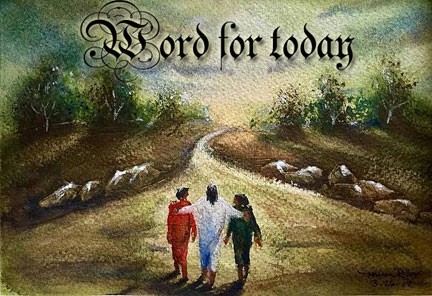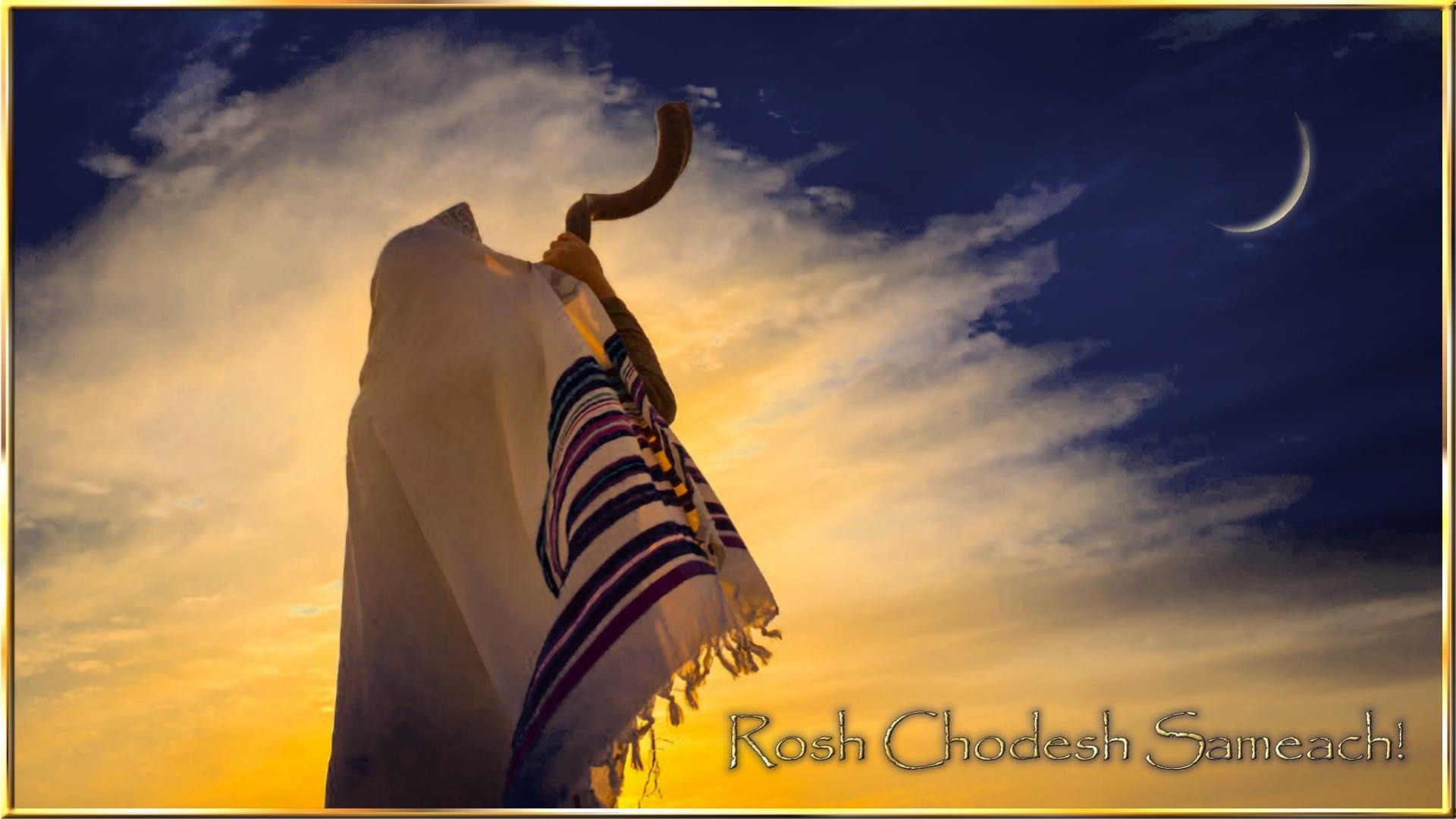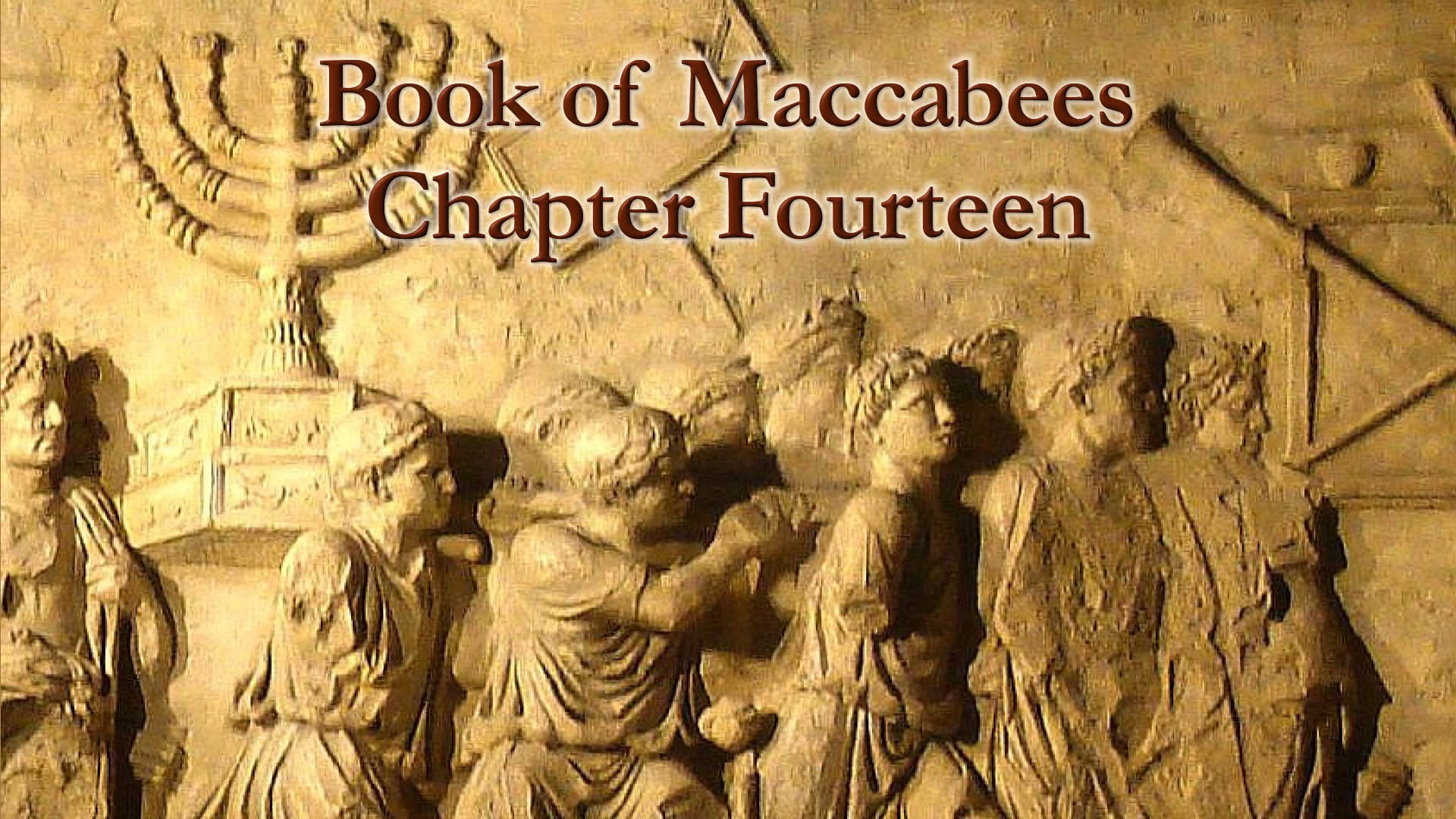Watch
Events
Articles
Market
More
120424
WORD FOR TODAY “do you feel called?”: Isa 5:26 He will also lift up a standard to the distant nation, And will whistle for it from the ends of the earth; And behold, it will come with speed swiftly.
SPOKEN VERSE FOR TODAY: Pro 17:3 The refining pot is for silver and the furnace for gold, But the LORD tests hearts.
“Faith comes by hearing” positive frequencies spoken out loud hourly.
www.BGMCTV.org




Rosh Chodesh was not seen on 12/2/2024 by two or more witnesses in Jerusalem, which was the 29th day of the Hebrew month. Therefore, because a Hebrew month cannot have more than 30 days, tonight, 12/3/2024, begins the Rosh Chodesh of the 10th Hebrew month by default.
Happy Rosh Chodesh!




Some realize the holidays we celebrate in late fall and early winter have become severely commercialized. Practically every store around the world offers some kind of holiday regalia for sale to “help” decorate and celebrate and many purchase these products on impulse. The question becomes, why is it necessary to pay for products you may not be able to afford to show your holiday spirit? Deuteronomy 8:18, “But remember that it is the LORD your God who gives you the power to gain wealth, in order to confirm His covenant that He swore to your fathers even to this day.” We are given the opportunity for wealth to glorify our Creator, be wise with your choices.



Help Keep TTN Alive Beyond 31 December!
We’re at a crossroads, and I’m exploring ways to ensure TTN continues to thrive in 2024 and beyond. Inspired by a suggestion from Chris Deweese I’ve come up with a potential solution—but it will take a collective effort to make it happen.
If we can gather a mix of 15 committed members who either:
Want a white-label version of TTN Social for their own ministry,
Or pledge to support TTN as new Gold members,
… then we can establish a dedicated organization just for TTN, allowing us to move forward as a community.
Here’s the vision:
All ministries and Gold members who step up will form the TTN Board, with the opportunity to contribute to key decisions about the platform. Members with at least 2 affiliate members will receive voting rights. Together, the Board will guide topics such as new feature development, fund allocation, and reviewing TTN’s policies.
For Ministries: Your Own Hosted White-Label Platform
For just $29/month, ministries can enjoy:
1. Fully Hosted Platform: No additional hosting costs.
2. Free Subdomain: Choose yourministryname.ttn.place or yourministryname.thetorahnetwork.com for your personalized site.
3. Custom Domain Integration: Already have your own domain? Easily point a subdomain to your white-label site for a branded experience.
4. Full Personalization: Customize colors, logos, and branding to match your ministry.
5. Direct Revenue: All income generated on your site goes directly to your PayPal or Stripe account—100% yours to keep.
6. Continuous Updates: Scheduled updates and bug fixes to fit your needs.
7. Exclusive Developments: Request new features on a time-and-material basis, with exclusive access for 6 months before they’re shared with others.
The Clock is Ticking
We have 2 weeks to make this happen before the site faces potential closure. If we act together, we can keep TTN alive and thriving, serving our growing community.
Show Your Support
Please register your intent below by voting on whether you’d commit to supporting TTN through one of these options.
No subscriptions will be open until the new organization is in place (which could be by the end of January 2025)—this is simply an indication of your intent and willingness to help keep TTN going strong.
Let’s come together and ensure TTN has a future!
#closingdown #ttn #crossroads



FIRST MACCABEES
CHAPTER 14
In the one hundred and seventy-second year, King Demetrius assembled his army and marched into Media to obtain help so that he could fight Trypho. When Arsaces, king of Persia and Media, heard that Demetrius had entered his territory, he sent one of his generals to take him alive. The general went forth and attacked the army of Demetrius; he captured him and brought him to Arsaces, who put him under guard.
The land was at rest all the days of Shimon, who sought the welfare of his nation. His rule delighted his people and his esteem all his days. As his crowning esteem he took Yapha for a port and made it a gateway to the isles of the sea. He enlarged the borders of his nation and gained control of the country.He took many prisoners of war and made himself master of Gazara, Beth-zur, and the citadel. He cleansed the citadel of its impurities; there was no one to withstand him. The people cultivated their land in peace; the land yielded its produce, the trees of the field their fruit. Old men sat in the squares, all talking about the pleasant times, while the young men put on the glorious raiment of war. He supplied the cities with food and equipped them with means of defense, till his glorious name reached the ends of the earth. He brought peace to the land, and Yisrael was filled with great joy. Every one sat under his vine and fig tree, with no one to disturb them. No attacker was left in the land; the kings in those days were crushed. He strengthened all the lowly among his people and was zealous for the law; he destroyed the lawless and the wicked. The sanctuary he made splendid and multiplied its furnishings.
When people in Rome and even in Sparta heard that Yonathan had died, they were deeply grieved. But when they heard that his brother Shimon had become Koheyn Gadol in his place and was master of the territory and its cities, they sent him inscribed tablets of bronze to renew with him the friendship and alliance that they had established with his brothers Yehudah and Yonathan. These were read before the assembly in Yerushalayim.
This is a copy of the letter that the Spartans sent: “The rulers and the city of the Spartans send greetings to Shimon the Koheyn Gadol, the elders, the kohanym, and the rest of the Yehudy people, our brothers. The ambassadors sent to our people have informed us of your esteem and renown, and we rejoiced at their coming. In accordance with what they said we have recorded the following in the public decrees: Numenius, son of Antiochus, and Antipater, son of Yason, ambassadors of the Yehudym, have come to us to renew their friendship with us. The people have resolved to receive these men with honor, and to deposit a copy of their words in the public archives, so that the people of Sparta may have a record of them. A copy of this decree has been made for Shimon the Koheyn Gadol.”
After this, Shimon sent Numenius to Rome with a large gold shield weighing a thousand minas, to confirm the alliance with the Romans.
When the people heard of these things, they said, “How shall we thank Shimon and his sons? He and his brothers and his father’s house have stood firm and repulsed Yisrael’s enemies, and so have established its freedom.” So they made an inscription on bronze tablets, which they affixed to pillars on Mount Tzion.
The following is a copy of the inscription: “On the eighteenth day of Elul, in the one hundred and seventy-second year, that is, the third year under Shimon the great Koheyn Gadol in Asaramel, in a great assembly of kohanym, people, rulers of the nation, and elders of the region, the following proclamation was made to us:
“‘Since there have often been wars in our country, Shimon, son of the koheyn Mattithyahu, descendant of Yoariv, and his brothers have put themselves in danger and resisted the enemies of their nation, so that their sanctuary and law might be maintained, and they have thus brought great esteem to their nation. Yonathan rallied the nation, became their Koheyn Gadol, and was gathered to his people. When their enemies sought to invade and ravage their country and to violate their sanctuary, Shimon rose up and fought for his nation, spending large sums of his own money to equip his nation’s forces and give them their pay. He fortified the cities of Yehudah, especially the border city of Beth-zur, formerly the site of the enemy’s weaponry, and he stationed there a garrison of Yehudy soldiers. He also fortified Yapha by the sea and Gazara on the border of Azotus, a place previously occupied by the enemy; these cities he settled with Yehudym and furnished them with all that was necessary for their restoration. When the people saw Shimon’s fidelity and the esteem he planned to bring to his nation, they made him their leader and Koheyn Gadol because of all he had accomplished and the justice and fidelity he had shown his nation. In every way he sought to exalt his people.
“‘In his time and under his guidance they succeeded in driving the gentiles out of their country and those in the City of David in Yerushalayim, who had built for themselves a citadel from which they used to sally forth to defile the environs of the sanctuary and inflict grave injury on its purity. In this citadel he stationed Yehudy soldiers, and he strengthened its fortifications for the security of the land and the city, while he also built up the wall of Yerushalayim to a greater height. Consequently, King Demetrius confirmed him in the Kehunnah, made him one of his friends, and conferred great honor on him. This was because he had heard that the Romans had addressed the Yehudym as friends, allies, and brothers, that they had received Shimon’s envoys with honor, and that the Yehudy people and their kohanym had decided the following: Shimon shall be their leader and Koheyn Gadol forever until a trustworthy prophet arises. He shall act as governor over them, and shall have charge of the sanctuary, to make regulations concerning its functions and concerning the country, its weapons and strongholds. He shall be obeyed by all. All contracts in the country shall be written in his name, and he shall be clothed in purple and gold. It shall not be lawful for any of the people or kohanym to nullify any of these decisions, or to contradict the orders given by him, or to convene an assembly in the country without his consent, to be clothed in purple or wear a gold buckle. Whoever acts otherwise or violates any of these prescriptions shall be liable to punishment.
“‘Thus all the people approved of granting Shimon the right to act in accord with these decisions, and Shimon accepted and agreed to be Koheyn Gadol, governor, and ethnarch of the Yehudy people and kohanym, and to have authority over all.’”
It was decreed that this inscription should be engraved on bronze tablets, to be set up in a conspicuous place in the precincts of the sanctuary, and that copies of it should be deposited in the treasury, where they would be available to Shimon and his sons.



